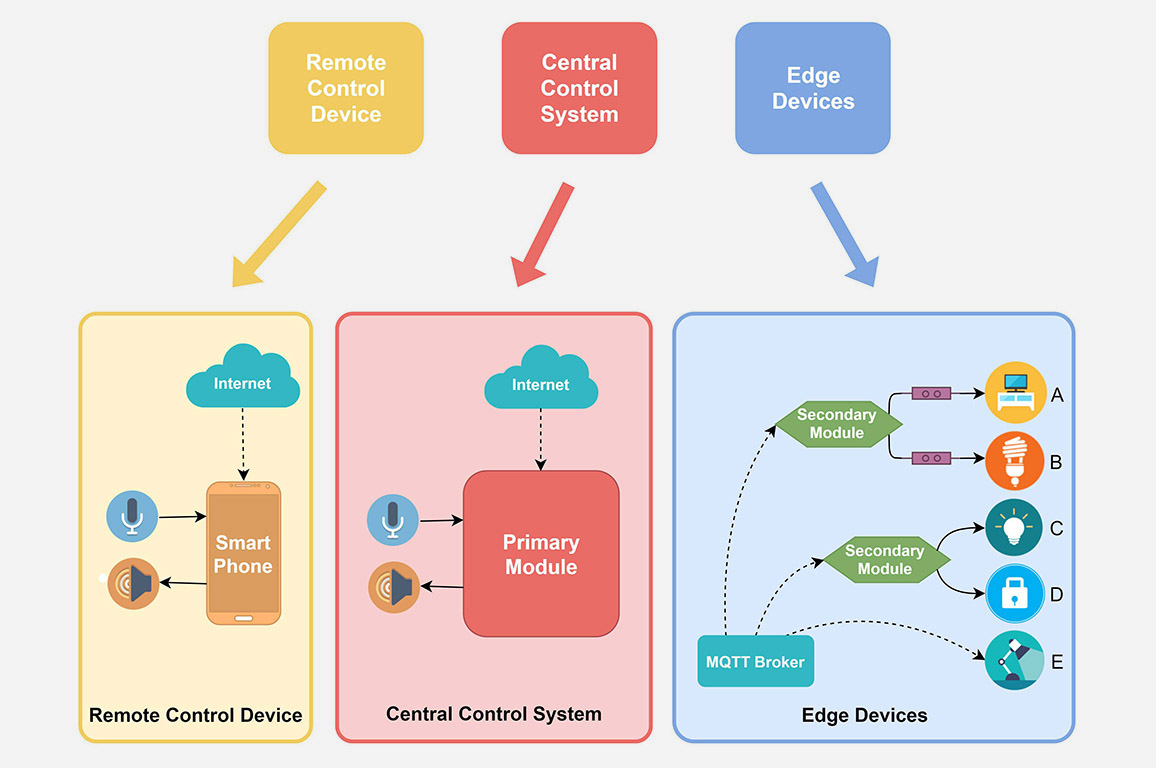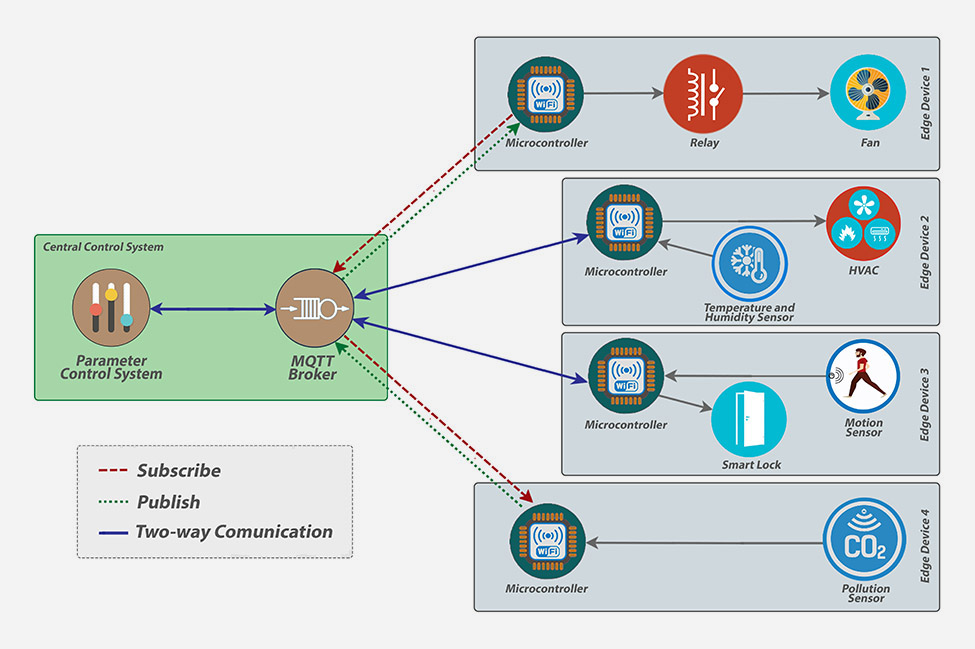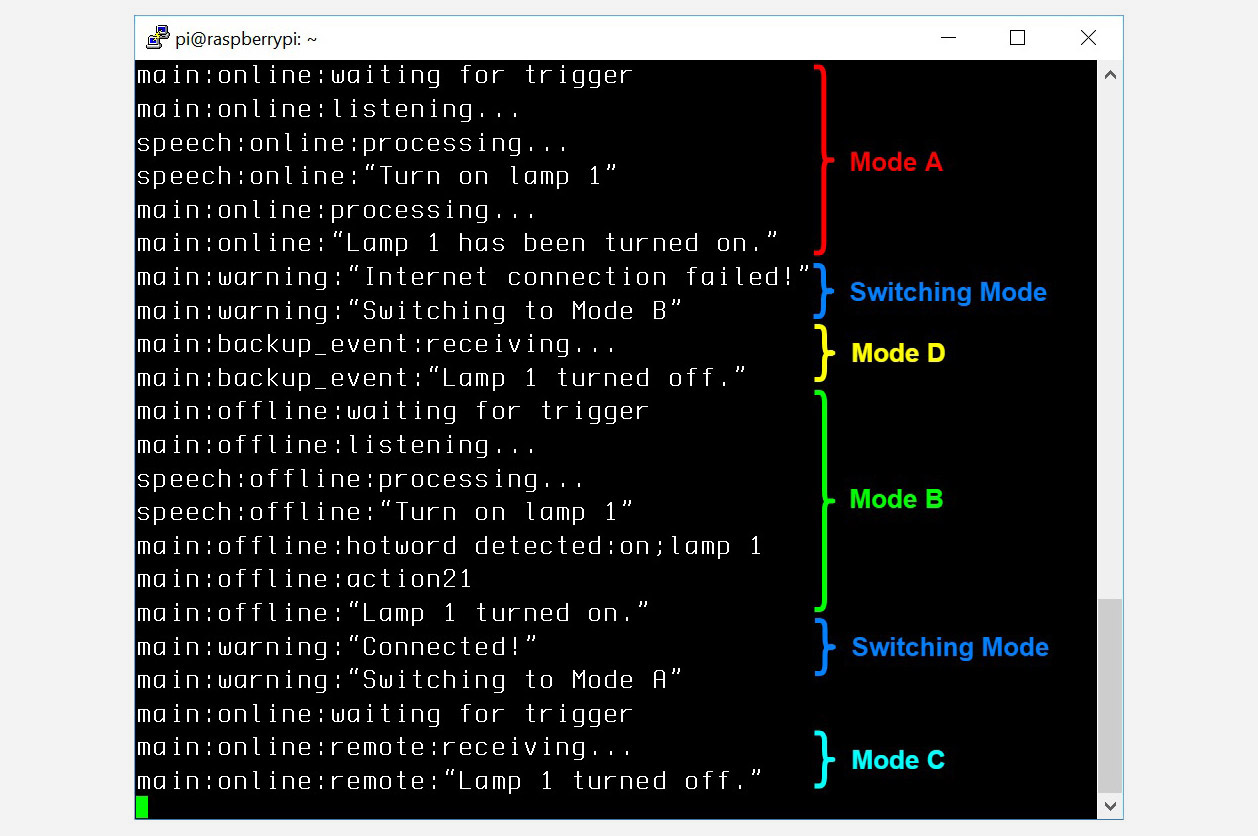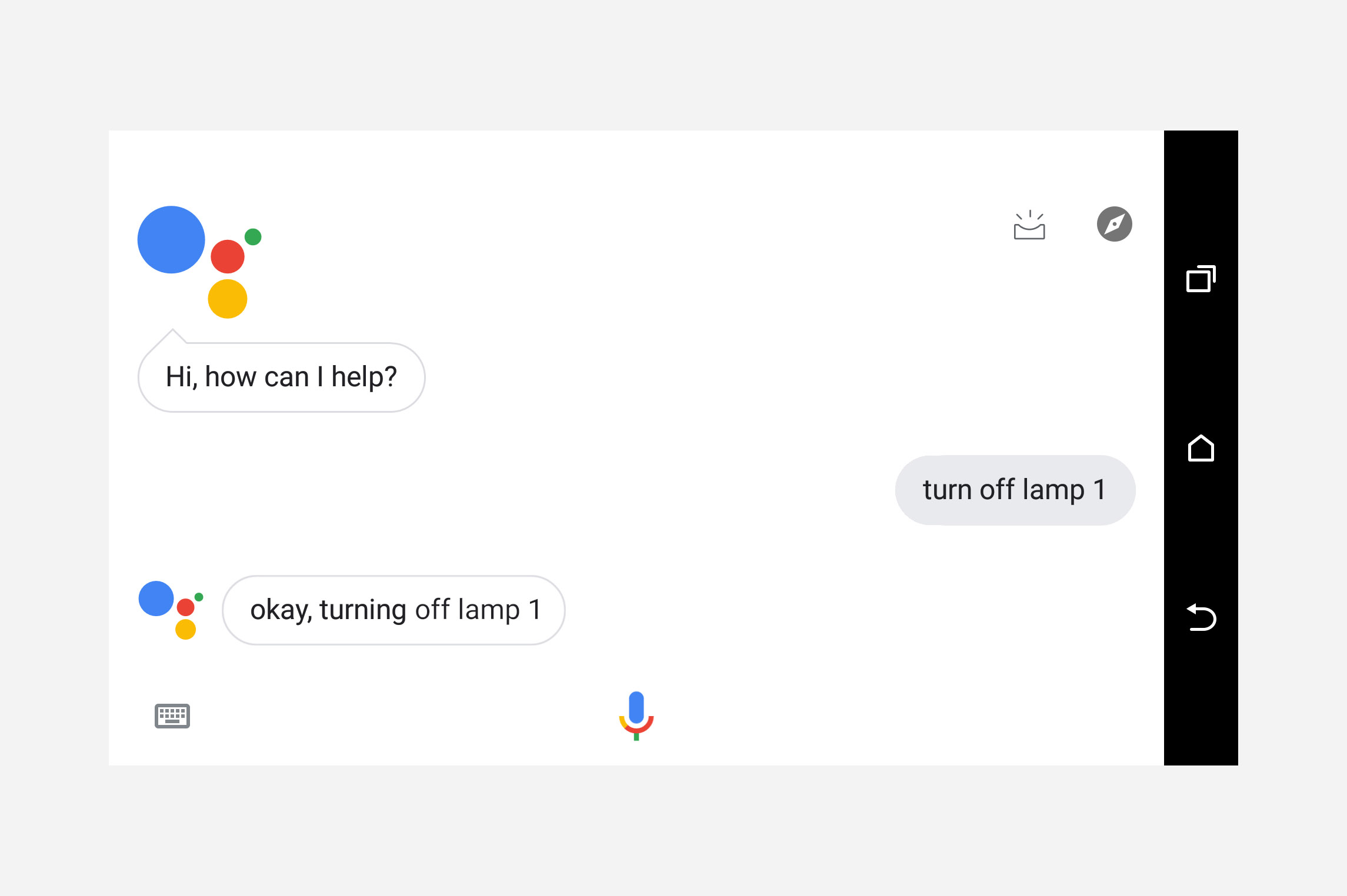Enabling IoT for the Developing World
A robust and inexpensive IoT communications architecture that possesses the ability to remain functional through unstable power supply and unstable network connectivity.
A robust and inexpensive IoT communications architecture that possesses the ability to remain functional through unstable power supply and unstable network connectivity.
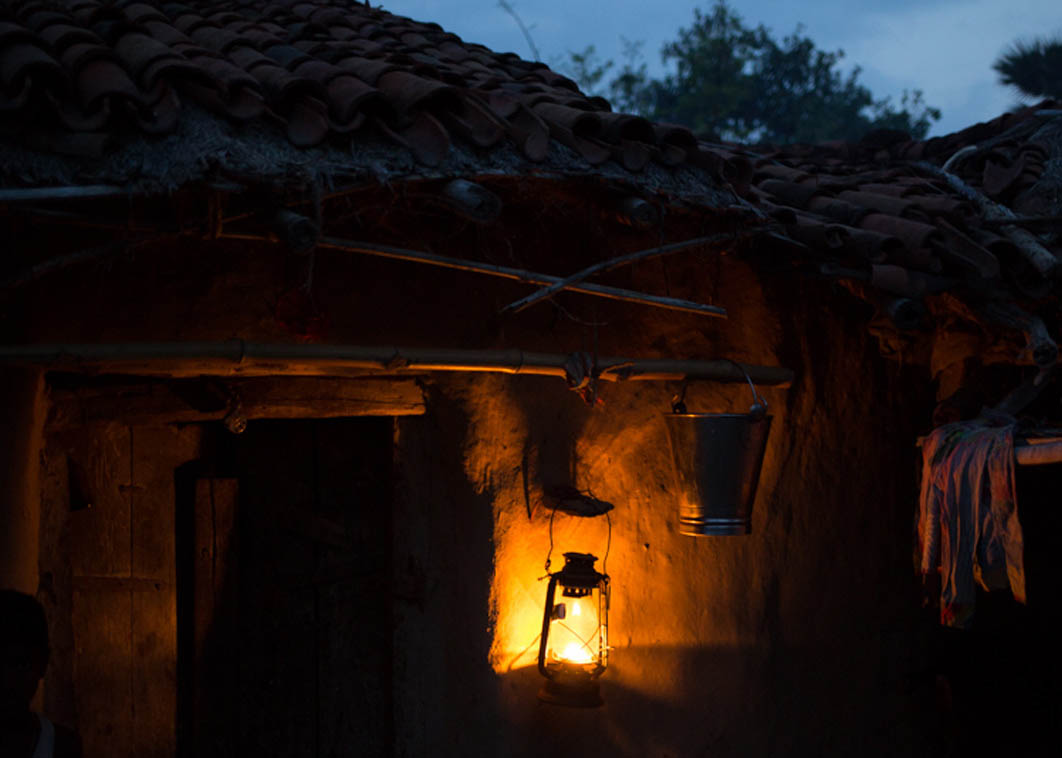
The Motivation
While working on a few IoT projects which dealt with Agri-tech and Power Utilisation in rural communities, we encountered an Achilles’ heel. Unstable Power or Unstable Network Connectivity would render the Smart Systems futile multiple times a week or multiple times a day during unfavourable weather conditions. We worked towards designing an IoT network architecture to address just that.
Developments
We developed an based communications set up with a unique Publisher-Subscriber configuration that enables us to run the nodes independently, even when completely disconnected from the network. We hosted the MQTT Broker locally which allows the system to be operated in four modes:
- Mode A: Online with AI Control – Public Internet Available
- Mode B: Manual Remote Access Control – Private Network Available
- Mode C: Offline with Local Control – Network Connectivity Unavailable
- Mode D: Zero Access Control – Power and Network Connectivity Unavailable
My Role
I led the project and was responsible for the design of the communications architecture and the MQTT network configuration.
The Team
The team consisted of two other fellow researchers from NITW; we were mentored by Dr Smt. Lakshmi B and Mr Ravi Kishore Kodali.
Status
The technical details of our work have now been published by Springer, and can be found here.
Scope
Student researchers from NITW are exploring the possibilities of using our work to develop Smart Systems that would allow resource optimisation for those rural communities in India which receive power only for a specific number of hours each day.
My Role
I led the project and was responsible for the design of the communications architecture and the MQTT network configuration.
The Team
The team consisted of two other fellow researchers from NITW; we were mentored by Dr Smt. Lakshmi B and Mr Ravi Kishore Kodali.
Status
The technical details of our work have now been published by Springer, and can be found here.
Scope
Student researchers from NITW are exploring the possibilities of using our work to develop Smart Systems that would allow resource optimisation for those rural communities in India which receive power only for a specific number of hours each day.

